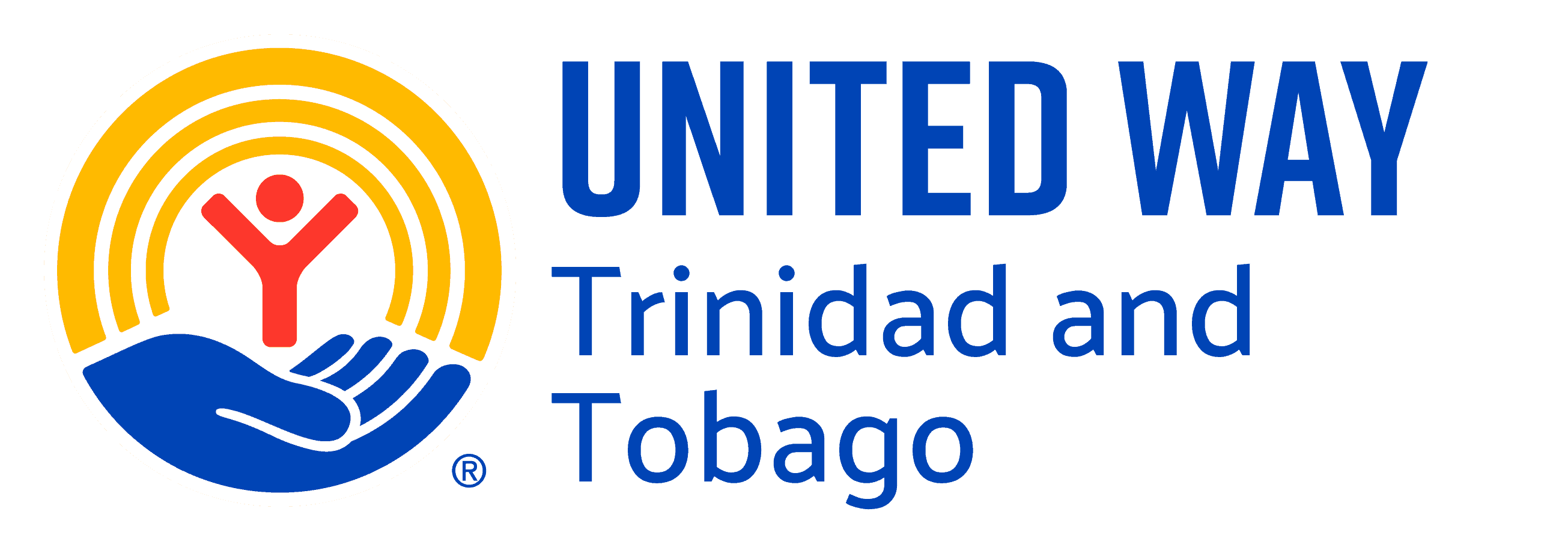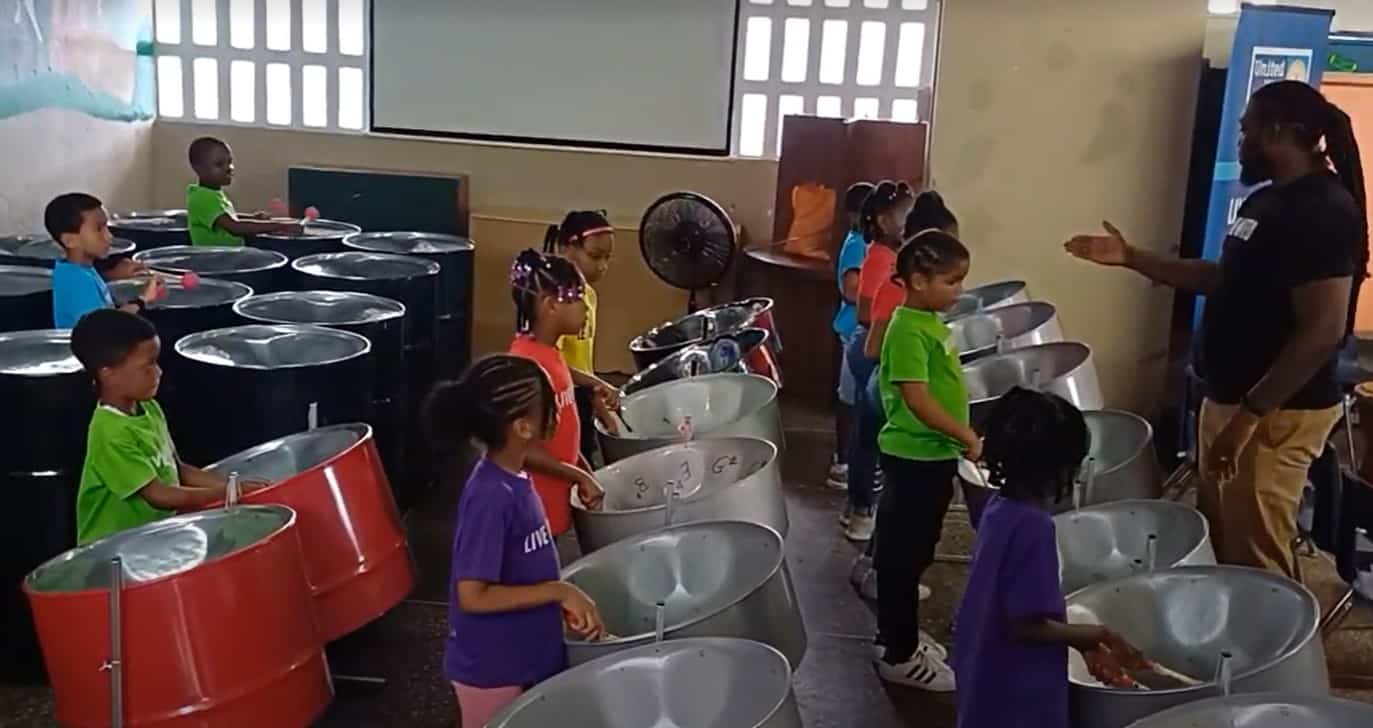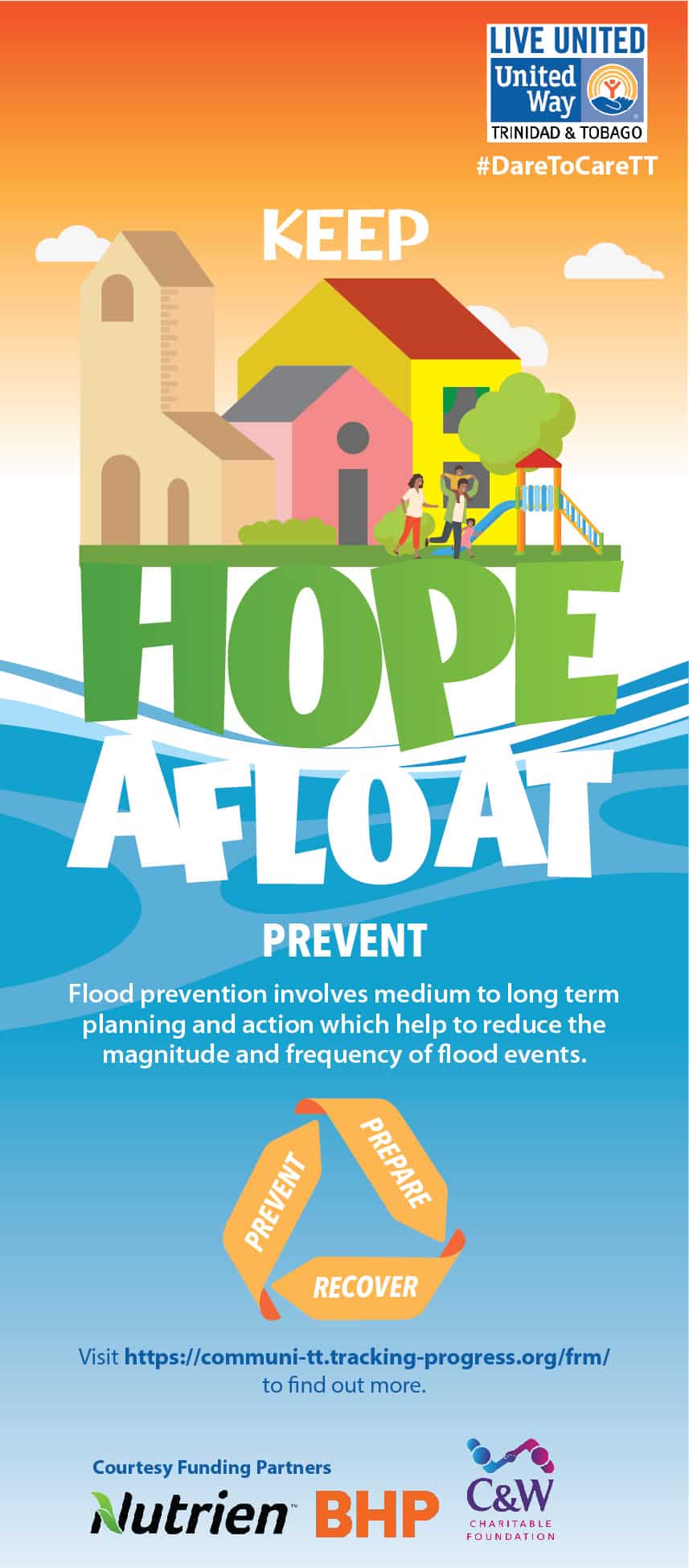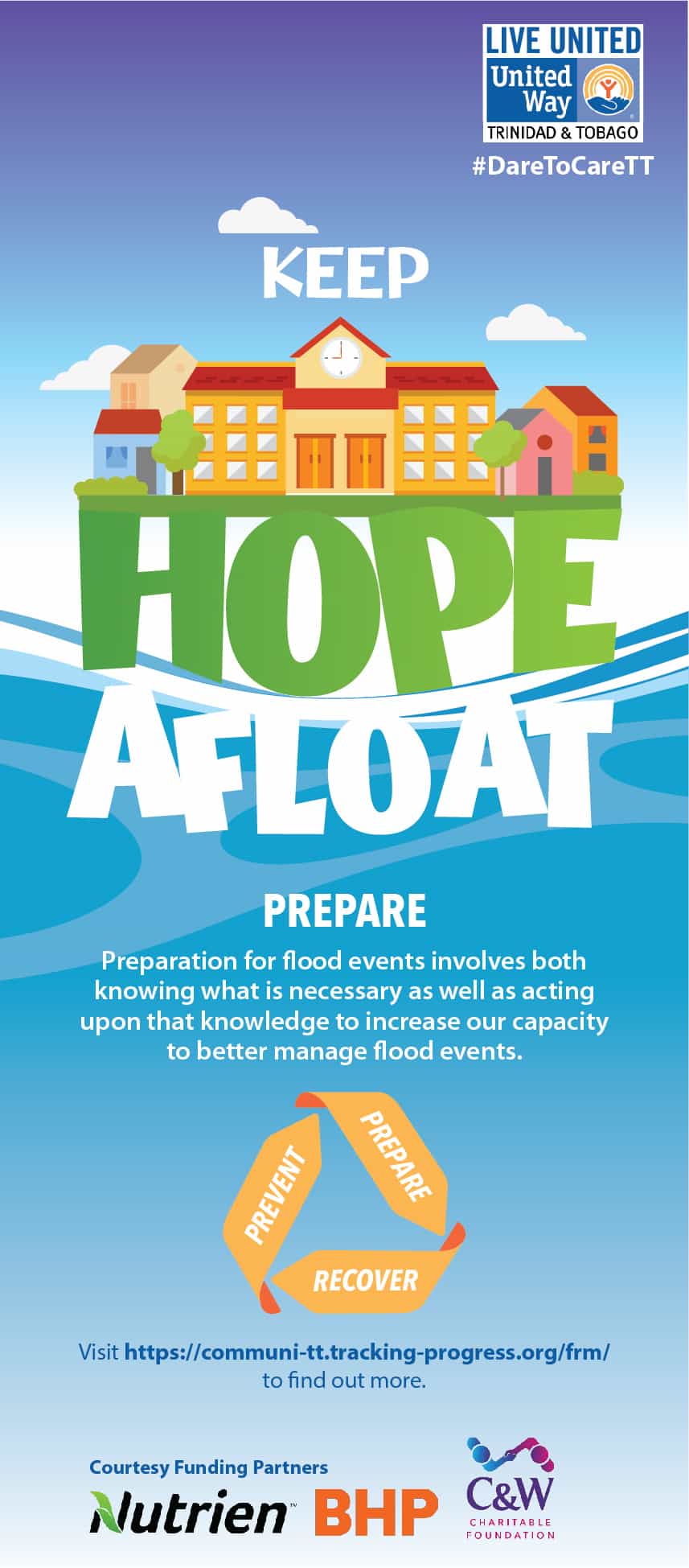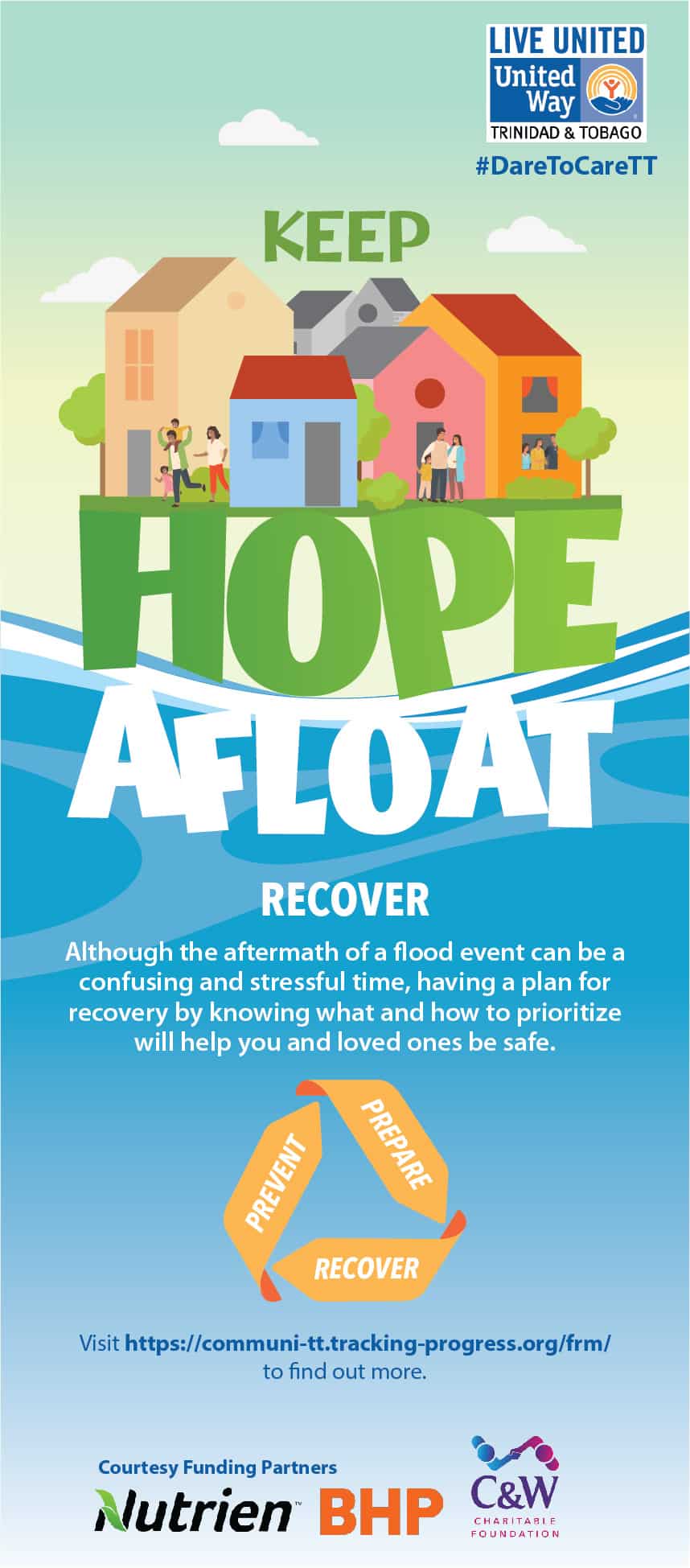WHat we do
GET INVOLVED.GIVE BACK.TAKE ACTION
Priority action areas
As we have emerged from the COVID-19 crisis, the socio-economic effects are still apparent in our vulnerable populations, continuing to reveal the inequities in our education and health sectors, and by community, and women.
A renewed focus on inequity is critical. UWTT is committed to aligning our work on longer-term recovery, playing the role of backbone for Collective Working in our 4 Priority Action Areas of Youth Opportunity, Healthy Communities, Financial Stability and Community Resilience.
YOUTH OPPORTUNITY
Building Bridges to Success in Primary Schools
The UWTT Building Bridges from Learning to Success Programme works is our flagship Impact initiative started in 2019. We work with selected Primary Schools, over 3-5 years, with a special focus to support 4 to 8 years old students to build strong foundational skills. Our approach is synergistic – harmonising efforts of parents, teachers, school and community leaders. Aligned to the Programme, the Support for the New Norm Project was designed and implementation launched in 2020 to ensure that schools are ready for restarting in person schooling.
Think Equal Social and Emotional Skills programme not only helps the students to be more aware of their feelings and how to manage them but it also helps me as a teacher.
healthy Communities
Supporting Children Community Residences
Children Homes provide a safe haven for socially displaced children. Since 2004, $18 million or 30% of our Community Fund Grants have been prioritised to help ensure that these children’s education, health, and emotional needs are met. To protect the rights of the children, we no longer publish photos of them on our media platforms. We thank all the supporters who give regularly to UWTT so that we can provide continuous support to these homes.
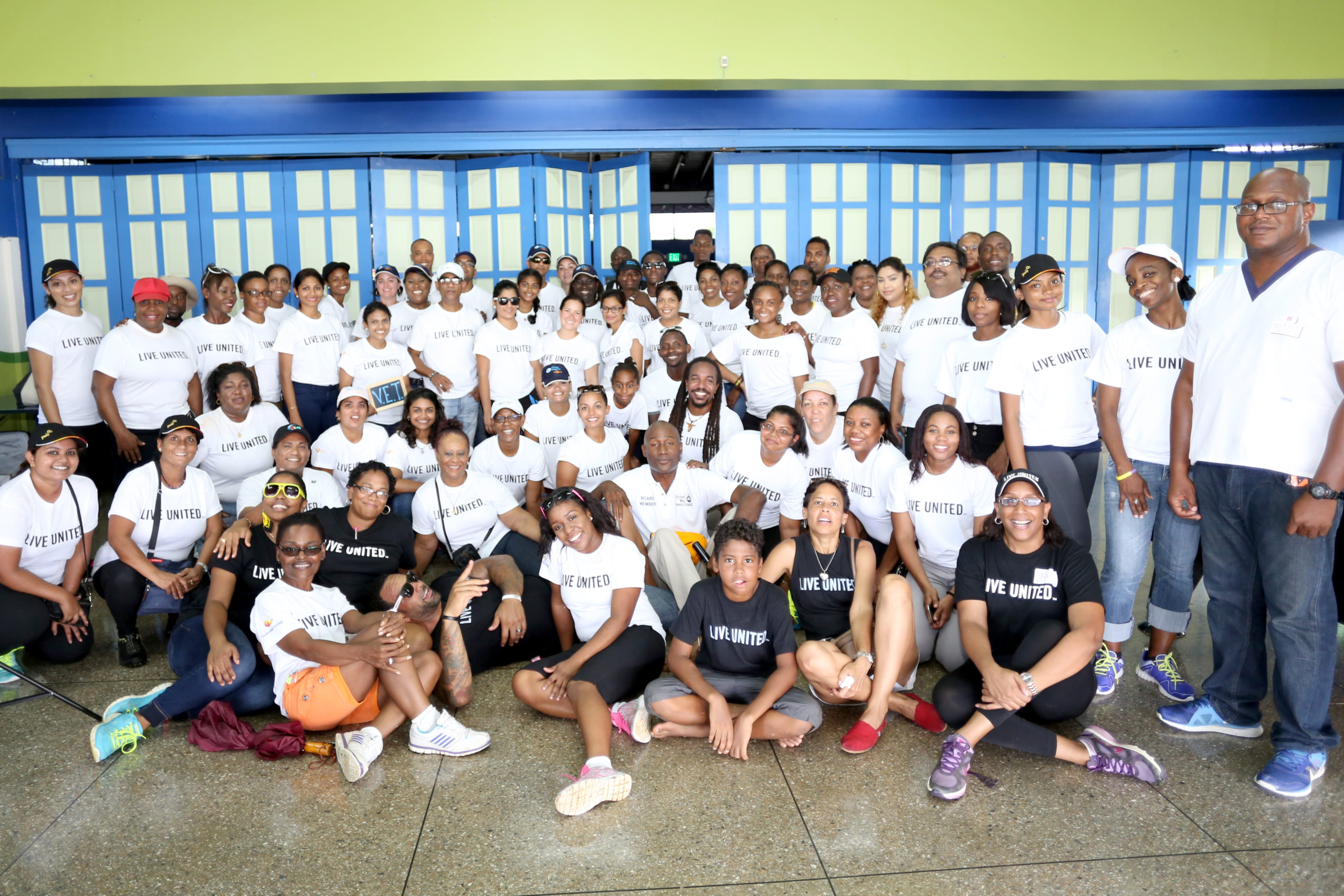
Fifth Company Moruga Community Impact Project
UWTT’s inaugural collective working project 2014-2020 aimed to bring together multiple funders and multiple NGOs and agencies to work towards a common long term agenda of improving lives in Fifth Company Village Moruga. The Goal of the Project was to decrease the levels of school absenteeism as this inevitably leads to school drop outs and higher levels of embedded intergenerational poverty.
Financial stability
Family Cash Grant Programme
UWTT Family Cash Grant Programme was started as part of the Covid-19 Response and Recovery Programme in April 2020. The ultimate goal is to support Families identified to be most in need – by working with NGO partners and Building Bridges School Communities. To date, UWTT has disbursed 2,224 grants, benefitting over 6000 adults and 8600 children. Families are using these grants to purchase groceries, essential items and pay utility bills such as electricity and internet to ensure their children can continue remote school.
community RESILIENCE
The UWTT Flood Risk Management Fund was established in 2018 to support the response and recovery of communities affected by one of the worst floods experienced in T&T. Funds were allocated to immediate response needs in partnership with FEEL, renovation works at Bridge of Hope Children’s Home and for development of a Flood Risk Management Public Information Awareness Campaign .
UWTT has set up https://communi-tt.tracking-progress.org/frm/ in collaboration with the Cropper Foundation and the Institute for International Sustainable Development (IISD) where you can access information on Flood Risk Management and on SDG progress in T&T.
COLLECTIVE WORKING
The Day of Caring (DoC) is the annual UWTT collective working volunteer Event in which volunteers, supported by their employers, give generously of their time to a Project of their choosing. All Projects are implemented on the same day in May which amplifies the joy of volunteerism so that we can all feel that reward of giving back.
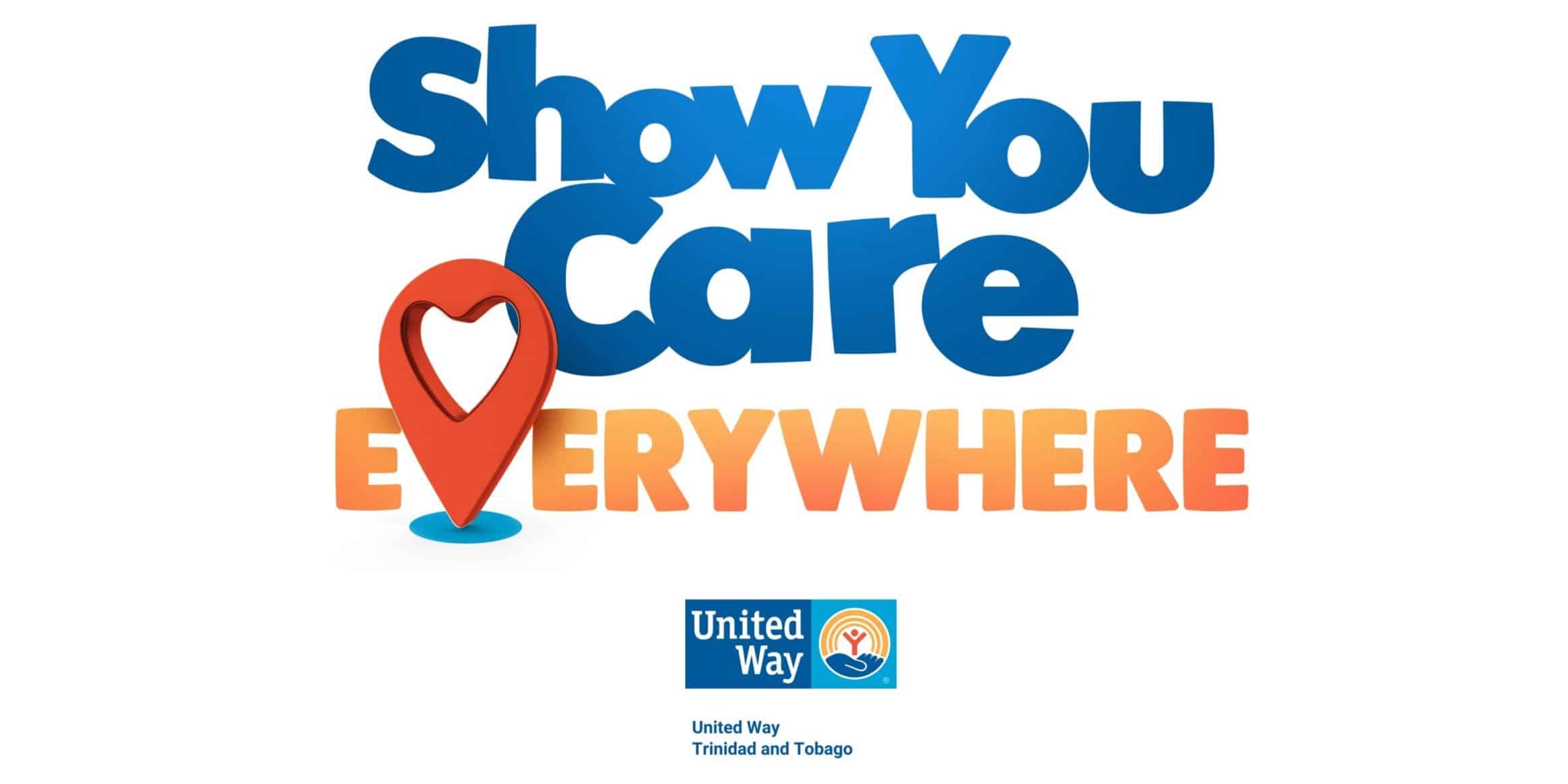
The Civil Society Organisations for Good Governance (CSOs4GG) Project, funded by the European Union, was implemented by a consortium of 7 leading (CSOs), led by UWTT. The Goal of the Project was to build the capacity of CSO networks to effectively contribute to national governance through the delivery of the Sustainable Development Goals (SDGs) in Trinidad and Tobago, both through individual and collective action.
